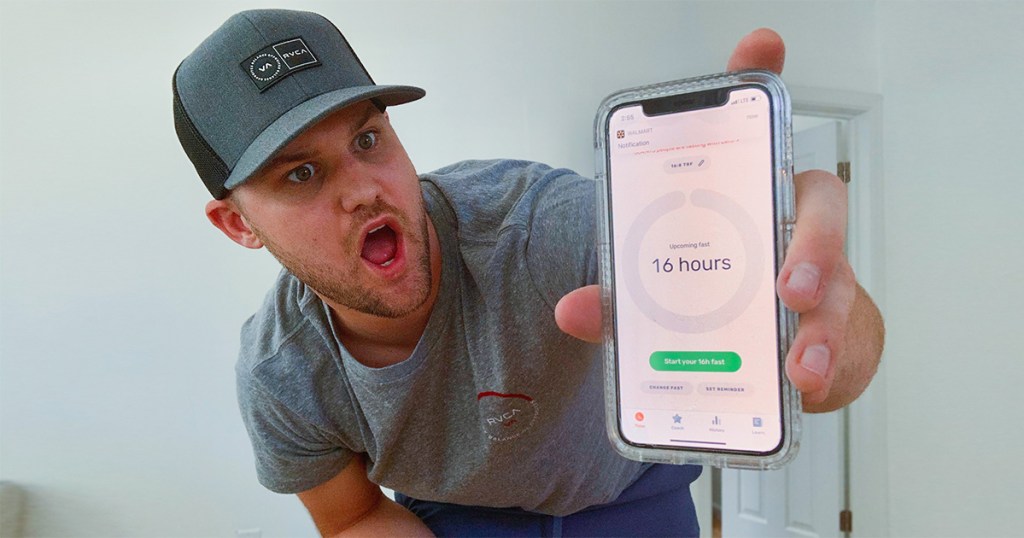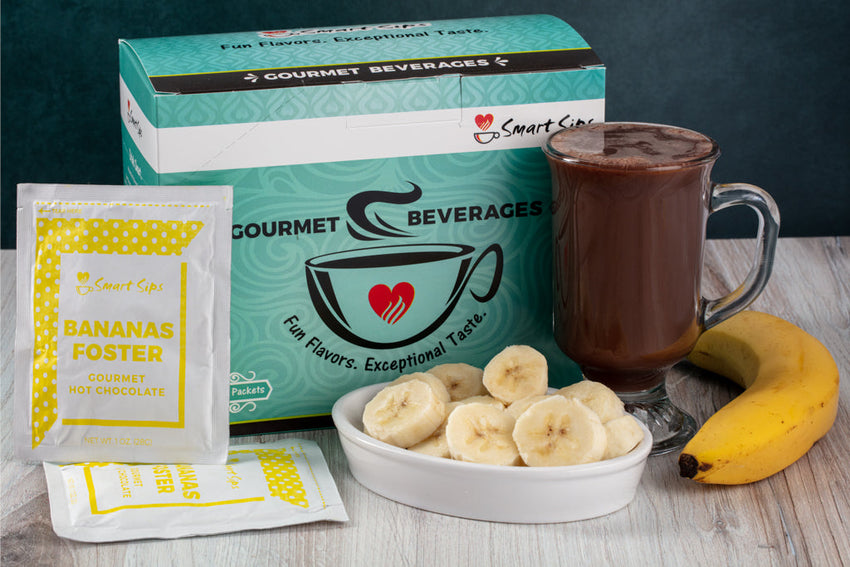Yes, you can drink coffee while intermittent fasting, but it should be black and without added sugars or milk. Keep it to a moderate amount to prevent breaking your fast.
Intermittent fasting involves cycling between periods of eating and fasting, with the goal of improving metabolic health and, for many, aiding in weight loss. Coffee, particularly black coffee, is a popular beverage choice that many incorporate into their fasting periods.
Its low calorie content and absence of significant nutrients make it suitable for fasting, as it doesn’t trigger an insulin response that would break the fast. The caffeine in black coffee may even enhance some of the benefits of fasting, such as increased metabolic rate and improved focus. Nevertheless, staying mindful of what you add to your coffee is crucial, as creamers, sweeteners, and flavorings can contain calories that break the fast. Regularly incorporating coffee into your intermittent fasting regimen can be a strategic way to maintain energy levels while adhering to your dietary plan.
Intermittent Fasting Basics
Intermittent fasting is a pattern of eating that cycles between periods of fasting and eating. It doesn’t specify which foods you should eat but rather when you should eat them. This practice has gained massive popularity among those looking to improve their health and manage weight. Understanding the core principles and various schedules can help determine if this approach is right for you.
The Core Principles
Central to intermittent fasting is the concept of time-restricted feeding. Here are its key tenets:
- Eating Window: The time during which you consume all your day’s calories.
- Fasting Window: The hours wherein you avoid eating to allow your body to tap into fat stores.
- Metabolic Benefits: Fasting periods trigger essential processes such as autophagy and improved insulin sensitivity.
- Flexibility: You can adapt your fasting schedule to fit your lifestyle and health goals.
Popular Intermittent Fasting Schedules
Several fasting schedules cater to different lifestyles. Let’s explore some common ones:
| Schedule | Eating Window | Fasting Window |
|---|---|---|
| 16/8 Method | 8 hours | 16 hours |
| 5:2 Diet | 5 days of regular eating | 2 non-consecutive days of minimal calorie intake |
| Eat-Stop-Eat | Spread over 24 hours | 24-hour complete fast, one or two times a week |
| Alternate-Day Fasting | Varies | 24 hours no food or minimal calories alternating with a day of normal eating |
| One Meal a Day (OMAD) | 1 hour | 23 hours |
The choice of schedule can heavily influence your lifestyle and the outcomes you wish to achieve. It is vital to pick a plan that aligns with your daily routine and personal health goals.

Coffee’s Role In Fasting
Many fasters reach for a cup of coffee, but what does it do during fasting? Let’s delve into how coffee interacts with your fasting regimen and metabolism. Understanding this can help you make informed decisions about including coffee in your fasting routine.
Effects Of Coffee On Metabolism
Caffeine boosts your metabolism. This increase can aid in fat burning. A faster metabolism means your body uses energy more quickly. For those fasting, this could enhance the fat loss benefits of their fast. Yet, remember, responses to caffeine vary from person to person. Some may experience increased hunger, while others don’t notice a change.
Black Coffee Vs. Calories
Drinking black coffee often raises a question: Does it break the fast? Black coffee contains minimal calories. Thus, it is generally considered acceptable while fasting. In fact, it may suppress appetite and help you prolong your fasting window. But be cautious with what you add to your coffee. Milk, sugar, and cream can increase the calorie count, potentially breaking your fast. Here’s a quick glance at black coffee versus additives:
| Ingredient | Calories | Fasting-Friendly? |
|---|---|---|
| Black Coffee | ~2 per cup | Yes |
| Sugar (1 tsp) | ~16 | No |
| Cream (1 tbsp) | ~52 | No |
So, if you enjoy your coffee black, you’re likely not disrupting your fast. Stay mindful of additives, and enjoy your caffeinated boost without worry.
Does Coffee Break Your Fast?
Does Coffee Break Your Fast? It’s a crucial question for those embracing intermittent fasting. This eating pattern cycles between periods of fasting and eating. Many wonder whether coffee consumption is permissible during fasting windows without negating the benefits.
Understanding Autophagy
Autophagy is the body’s way of cleaning out damaged cells. It helps in regeneration and overall health. During fasting, autophagy rates increase significantly. This is a key benefit of intermittent fasting. The process promotes cellular repair and cleansing.
The Impact Of Caffeine
Caffeine has a stimulating effect on the body. It can lead to increased metabolism. It’s a natural substance found in coffee. Many enjoy a cup of coffee during fasting for its minimal caloric content. Does it affect fasting and autophagy though?
Does Black Coffee Break the Fast?Does Black Coffee Break The Fast?
- Calorie Content: Black coffee contains very few calories. Thus, it does not break a fast if consumed in moderation.
- Autophagy: Studies suggest black coffee does not interfere with autophagy. In fact, it might even enhance this process.
- Insulin Response: Pure black coffee has a minimal impact on insulin levels. It helps maintain the fasted state.
Considerations For Coffee Additives
Additives like milk, sugar, or cream can add calories. These negate the fasting state. When adding extras, be mindful. Choose calorie-free sweeteners or milk alternatives. Still, pure black coffee remains the best choice.
Adding Extras To Your Coffee
When you’re committed to intermittent fasting, your morning coffee ritual might come into question. Can you still enjoy that warm cup with a few additions? Let’s dive into what these extras mean for your fasting journey.
Milk And Sugar: Fasting Breakers?
Adding milk and sugar to coffee can interrupt your fast. These extras contain calories and carbohydrates. Calories break the fasted state. This shifts your body’s energy source from fat to glucose. It’s crucial to keep additions minimal if you must.
| Extra | Calories | Carbohydrates |
|---|---|---|
| Milk (1 tbsp) | 9 | 0.9g |
| Sugar (1 tsp) | 16 | 4.2g |
Zero-calorie Sweeteners: Friend Or Foe?
Zero-calorie sweeteners present a confusing scenario. While they provide sweetness without the calories, they might still trigger an insulin response. For some, this could potentially impact the fasting benefits. It’s best to use these sparingly or opt for natural bitterness of coffee.
- Natural zero-calorie sweeteners include stevia and erythritol.
- Artificial options encompass aspartame and sucralose.
Benefits Of Coffee During Fasting
Exploring the dynamic duo of coffee and fasting can unveil a treasure trove of benefits. As you embark on your intermittent fasting journey, you may wonder about coffee’s role during those fasting windows. Good news: going black with your brew could boost your fasting experience significantly!
Appetite Suppression
One of the shining stars in coffee’s portfolio is its ability to keep hunger at bay. A cup of black coffee may provide the shield you need against pesky hunger pangs. This naturally occurring appetite suppressant can make sticking to your fasting schedule feel much more manageable. Here’s how it helps:
- Reduces food cravings by influencing hunger hormones.
- Coffee’s minimal calories ensure you remain within the fasting state.
- Keeps your mouth busy and your mind off eating.
Enhanced Cognitive Function
Black coffee not only keeps your tummy in check but also sharpens your mind. Drinking coffee while fasting might just be the secret ingredient for peak brain performance. The key benefits include:
- Increase in alertness from the caffeine kick.
- Improved concentration allows you to focus on tasks at hand.
- Memory boost helps with recall and learning.
So, sip your way through your fasting period and watch your productivity soar!

Potential Downsides And Precautions
Many people enjoy coffee while intermittent fasting. But, it’s crucial to know the potential downsides and precautions. Let’s talk about what to watch out for.
Overconsumption Risks
Coffee boosts energy but too much can cause problems. High coffee intake might lead to:
- Restlessness and trouble sleeping.
- Feeling jittery or anxious.
- Stomach upset or heartburn.
- Increased heart rate and blood pressure.
Stick to 1-2 cups during fasting. Choose black coffee. It has fewer calories.
Fasting, Dehydration, And Coffee
Coffee can make you pee more. When fasting, your body can lose too much water. This can lead to dehydration. Look for signs like:
| Thirst | Dry mouth |
| Dark urine | Headaches |
| Dizziness | Tiredness |
Drink plenty of water throughout the day. Add a pinch of salt to your water. It helps keep balanced electrolyte levels.
Making The Right Choice
Embarking on an intermittent fasting journey requires strategic choices, especially when it comes to beverages. Choosing the right drink can impact your fasting results significantly. Many intermittent fasters wonder: Is coffee permissible? Let’s explore this topic, focusing on how to make the best decision for your fasting regimen.
Listening To Your Body
Understanding your body’s signals is crucial during intermittent fasting. Coffee may affect individuals differently. Here are some aspects to consider:
- Appetite: Does coffee suppress or increase your hunger?
- Energy levels: Do you feel energized or jittery post-coffee?
- Digestion: Notice any changes in digestion after drinking coffee.
Keep a journal to track your body’s reactions to coffee while fasting. Adjust your intake based on these observations.
Consulting With Healthcare Professionals
Professional advice is invaluable when adjusting your diet. Experts can offer tailored guidance on coffee consumption. Here’s why you should consult them:
| Reason to Consult | Benefits |
|---|---|
| Personal health concerns | Receive advice based on your specific health needs. |
| Medication interactions | Learn about coffee’s effects on medications you may be taking. |
| Fasting goals | Experts can guide you on how coffee may aid or impede your fasting goals. |
Engage with dietitians, doctors, or other professionals before making coffee a part of your fasting routine.

Frequently Asked Questions On Can You Drink Coffee While Intermittent Fasting
Does Coffee Break Intermittent Fasting?
No, plain coffee does not break intermittent fasting. It is a low-calorie beverage that doesn’t significantly affect insulin or blood sugar levels. However, adding sugar, milk, or cream can impact the fast.
Can Black Coffee Enhance Fasting Benefits?
Yes, black coffee can enhance fasting benefits. It can increase metabolism and promote fat burning due to its caffeine content. Just ensure it’s consumed without added calories.
How Much Coffee Is Too Much During Fasting?
During fasting, up to 3-4 cups of black coffee should not adversely affect the fast. Excessive coffee intake can lead to dehydration and disrupt sleep, which may impact fasting goals.
When Is The Best Time To Drink Coffee While Fasting?
The best time to drink coffee while fasting is during your fasting window but not close to your bedtime. Morning or early afternoon is ideal to avoid any potential sleep disturbances.
Conclusion
To wrap up, integrating coffee into your intermittent fasting regimen is possible, but moderation is key. Remember to keep your coffee drink calorie-free during fasting windows to maintain the benefits. By doing so, your fast remains effective, and you can still enjoy the energizing effects of your beloved brew.
Cheers to a balanced approach to your health journey!

